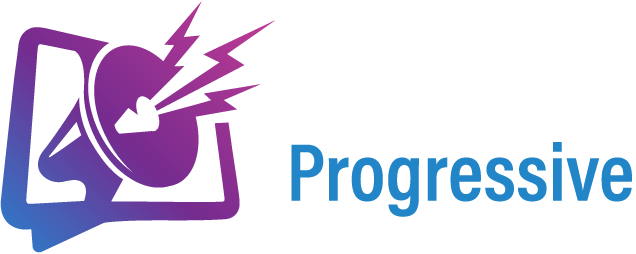In recent months, we have seen American democracy under attack. It has come under intense strain, with the Trump administration threatening the foundational principles the nation was built upon.
The Current State of a Democracy Under Attack
The alarming increase in President Trump’s authoritarian tendencies raises important questions about the strength of democratic institutions and the fundamental rights of citizens.
Today, voices are being silenced, civil liberties are under attack, and the very essence of democratic governance is being tested. This article will look at the current state of a democracy under attack, then turn to events from history that we can look to for inspiration as we prepare to fight back with everything we’ve got.
The Erosion of Free Speech
Free speech, often heralded as the cornerstone of democracy, is facing unprecedented assaults. On college campuses, there are numerous instances of censorship—being justified as “protecting Jewish students.”
Several foreign students have been arrested and held in faraway detention centers for their involvement in protests against a foreign war, or for simply having an opinion different from that of the current administration.
The chilling effect of self-censorship is palpable, as individuals fear repercussions for expressing dissenting viewpoints—not about the government of this country, but the far-right government of Israel.
The rise of cancel culture has further complicated things. Individuals who voice unpopular opinions may find themselves ostracized or vilified (or accused of antisemitism), leading to an environment that discourages diverse perspectives. Such a climate not only stifles creativity and innovation but also undermines the principles of democracy that thrive on debate and discourse.
Several big names in the business community have said that college students who participated in campus protests would “never get hired.” Kevin O’Leary was the first to make that claim on the news as they played live footage of the peaceful protest at Columbia University.
Why were so many people in government and corporate media so outraged that college students were protesting a war? Had they forgotten about the Vietnam War protests on college campuses in the 70’s?
College students played a significant role in protesting the Vietnam War, with many campuses becoming hotbeds of activism. The protests, often nonviolent, included sit-ins, draft card burning, and nationwide strikes. The escalating conflict and the government’s response, particularly the Kent State shootings, fueled the movement.
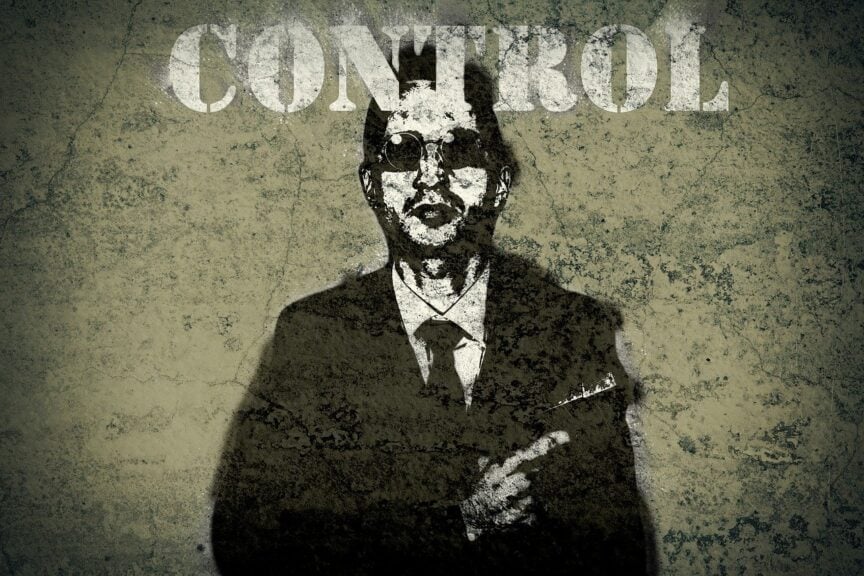
Attacks on Due Process
Due process is a fundamental right that ensures fairness in legal proceedings. However, the Trump administration deported immigrants to a prison in El Salvador, claiming they were gang members, without due process.
They weren’t given the opportunity to file habeas corpus before they were removed from the country. The Supreme Court has already ruled that, according to the Constitution, everyone in the United States, whether here legally or illegally, has the same rights.
Investigations since the deportations to El Salvador have found that a vast majority of those now stuck in a foreign prison for life are innocent. Even worse, DHS records show the administration knew they were innocent before they were sent to El Salvador.
The refusal to respect our right to due process poses a significant threat to the integrity of the judicial system and the very concept of “innocent until proven guilty.”
The politicization of legal processes has raised concerns about the impartiality of justice. As individuals in power leverage their influence to manipulate legal outcomes, the principle of due process becomes increasingly compromised. This not only affects those directly involved in deportation disputes but also sends a chilling message to the public about the government’s ability to falsely imprison someone who hasn’t been convicted of a crime.
The Freedom of the Press Under Attack
The media plays a critical role in informing the public and holding those in power accountable. However, in recent months, journalists have faced unprecedented hostility, with increasing instances of harassment, threats, and even violence directed at reporters.
President Trump gave a speech at the Department of Justice where he accused media outlets of “illegal actions.” He has already sued two major media companies and they both settled lawsuits they were certain to win in order to avoid further attacks or, in the case of CBS, be sure a major merger wasn’t blocked by the President in retaliation.
The administration is attempting to cut funding for PBS and NPR. The Associated Press was banned from press briefings after they used the label “Gulf of Mexico” instead of “Gulf of America.” A hostile environment like this creates a chilling effect that can deter investigative journalism and diminish public access to vital information.
The spread of misinformation, often exacerbated by social media, complicates the media landscape further. Trust in the press has eroded, with many citizens questioning the credibility of news sources (Fake news). In the battle against misinformation, the freedom of the press must be vigorously defended to ensure that the public remains informed and equipped to make decisions based on accurate information.

Judicial Independence at Risk
Judicial independence is a cornerstone of democracy, ensuring that judges can make decisions free from external pressures or political bias. However, increasing partisan influences threaten this independence.
Politicians often attempt to sway judicial outcomes by influencing judicial appointments or undermining the credibility of the judiciary when rulings do not align with their agendas. However, this administration has gone even further.
The President and his allies have been attacking judges who ruled against them on social media, television, and in press briefings. They’ve threatened impeachment, ignored rulings, and created an environment where judges are receiving an unprecedented number of death threats.
A judge in Wisconsin was arrested in front of her courthouse when she arrived to work. This was an intentional act meant to send a message to other judges that they better not interfere in the immigration activities of this administration.
The politicization of the judiciary leads to a breakdown of trust in legal institutions. When citizens perceive the judiciary as a tool for political gain rather than a fair arbiter of justice, faith in the rule of law diminishes. Protecting judicial independence is essential to maintaining a balanced and fair democratic system that upholds the rights of all citizens.
Universities as Battlegrounds
Universities, traditionally seen as havens for intellectual exploration and free thought, have become battlegrounds for ideological conflicts. The Trump administration attacked several universities by threatening to withhold old federal funding. In the beginning, they immediately gave in to the demands of what can and can’t be taught at the universities.
Columbia University was the first to capitulate and, like the law firms, learned that it’s the worst thing to do when dealing with an authoritarian.
Harvard University was first to fight back—filing lawsuits against the illegal and/or unconstitutional actions of the Executive Branch. The battle has escalated with the most recent action taken by the administration being the revocation of the university’s ability to enroll foreign students.
Smaller colleges have watched what’s been happening to the larger institutions and decided to band together. They came together to create an alliance because independently, they wouldn’t have the resources or financial ability to take on the federal government. In the alliance, if one of them is attacked, they all fight together as one.
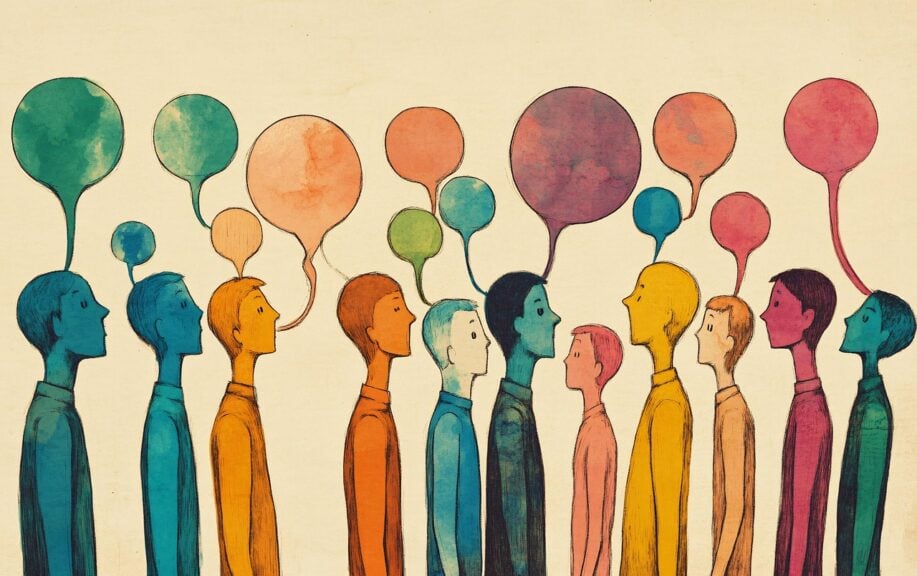
They’re known as the “Big Ten.” The full title of the group is The Big Ten Academic Alliance.
Historical Events That Offer Hope
While the current state of our democracy under attack may seem precarious, history provides a wealth of lessons and examples of resilience in the face of authoritarianism.
The struggles for freedom and equality have oftentimes led to major transformations in society, illustrating the power of collective action and the human spirit’s ability to overcome adversity.
The American Revolution: A Fight for Freedom
The American Revolution serves as a powerful testament to the lengths to which people will go to win their freedom. The colonists’ fight against British oppression galvanized a diverse group of individuals committed to the ideals of liberty and self-governance. The founding documents of the United States enshrined these principles, emphasizing the belief that government derives its power from the consent of the governed.
This period of upheaval and transformation not only led to the establishment of a new nation but also laid the groundwork for the ongoing fight for civil rights and social justice. The American Revolution showcases the potential for ordinary citizens to effect change through collective action, inspiring subsequent generations to continue the struggle for democratic ideals.
The Civil Rights Movement: Standing Up for Justice
The Civil Rights Movement of the 1960s stands as a beacon of hope for those fighting against systemic injustice. Activists such as Martin Luther King Jr., Rosa Parks, and countless others mobilized communities to challenge the entrenched systems of racial segregation and discrimination. Their courage and resilience demonstrated the power of grassroots activism in effecting significant societal change.
This movement not only achieved landmark legislation, such as the Civil Rights Act and the Voting Rights Act, but also inspired future generations to advocate for equality and justice in various forms.
The lessons learned during this period remind us that sustained efforts, even in the face of overwhelming opposition, can result in transformative change that resonates for decades.
The Fall of Authoritarian Regimes: Lessons from Abroad
Globally, numerous examples illustrate the successful overthrow of authoritarian regimes through popular uprisings and persistent activism. Movements like the Arab Spring highlighted the power of collective dissent, as citizens mobilized to save their democracy under attack and to demand accountability from their governments.
In February, 2021 there was a military coup in Myanmar. Protests and uprisings, with young people on the frontlines, erupted in early 2021. Over 4,700 anti-coup demonstration events were recorded in Myanmar—a series of events known as Spring Revolution.
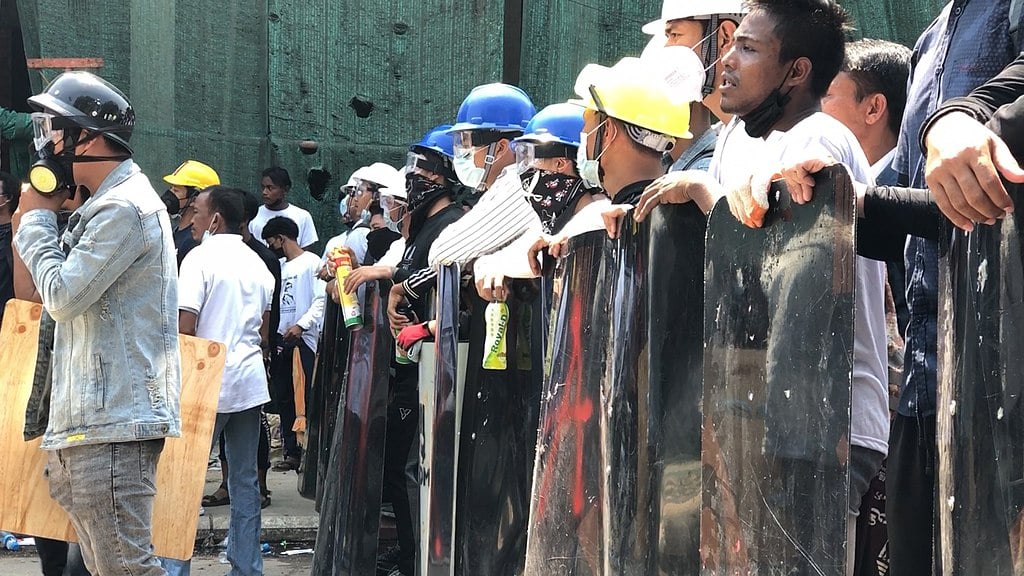
While the outcomes of these movements have varied, the underlying message remains clear: the pursuit of freedom is a powerful motivator that can unite disparate groups in a common cause. These international movements provide valuable lessons in resilience and strategy.
They remind us that when people come together to demand change, significant political transformations can occur, often against formidable odds. The stories of those who fought for freedom in other nations can inspire similar movements within our own democratic context.
The Role of Grassroots Movements in History
Throughout history, grassroots movements have played a role in shaping political landscapes and advocating for change. These movements often emerge from marginalized communities, driven by a shared desire for justice and equality. Their ability to mobilize and organize demonstrates the power of collective action, often leading to significant political and social transformations.
Grassroots movements such as the Women’s Suffrage Movement and the LGBTQ+ rights movement have forced society to confront deeply entrenched injustices, paving the way for new rights and protections. These examples underscore the importance of local organizing and community engagement in the larger struggle for democracy and human rights.
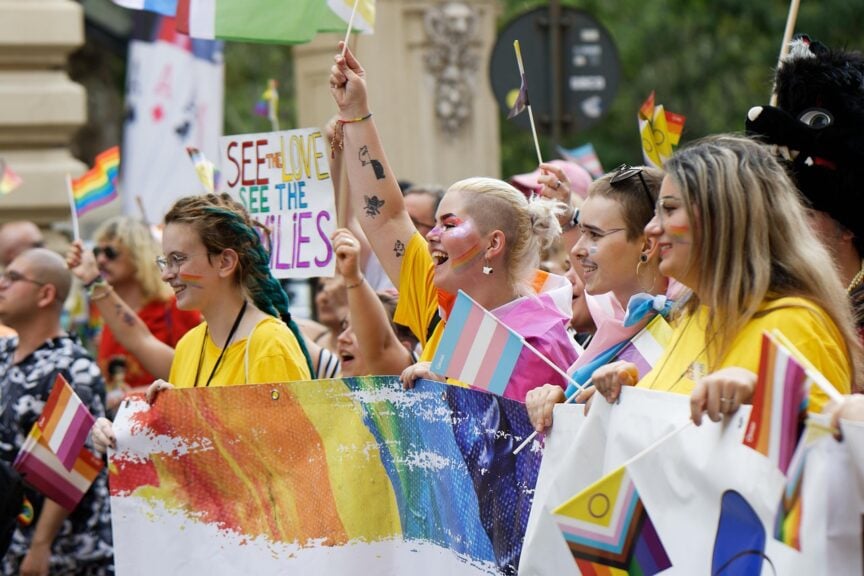
Lessons Learned and Strategies for Today
The current challenges facing a democracy under attack necessitate a renewed commitment to the principles of civic engagement and collective action. As individuals and communities come together with a desire to fight back, it’s essential to draw upon historical lessons and implement effective strategies to push for positive change.
Building a Coalition for Change
One of the most important strategies for defending democracy is building coalitions among diverse groups. Time and again, history shows that united fronts are more effective in pushing back against authoritarian tendencies. By collaborating across different demographics, ideologies, and interests, movements can amplify their voices and increase their impact.
We have such a coalition already. It’s known as the Pro-democracy movement. Republicans, Democrats, Conservatives, Progressives—people who disagree on policy and social justice issues—have put all of that aside in order to fight for their country.
Creating inclusive coalitions requires active listening and a commitment to understanding the needs and concerns of various communities. It is essential to recognize that while different groups may have unique priorities, they often share common goals—such as the protection of civil liberties and protecting democracy. By working together, diverse coalitions can become formidable forces for change.
The working class is an enormous group of people that politicians and those in power fear. That’s why they spend so much time focusing on culture war topics and identity politics. By keeping the working class divided into smaller factions, the government never has to worry that the largest group of people in this country might stand up against corruption in our government, corporate rule, or stagnant wages.
Besides the goal of bringing progressives together in the Community at ZanyProgressive.com, another goal is to open Americans’ eyes to how the powerful actively work to divide us. There would be nothing more powerful in this country than a united working class. Nothing.
See our article about keeping citizens stupid and poor.
The Importance of Civic Engagement
Civic engagement is the lifeblood of democracy. When citizens actively participate in the political process, they help ensure that their voices are heard and their rights are protected. Encouraging voter registration, participation in town hall meetings, and involvement in local organizations are important steps toward creating a vibrant democratic culture.
Education plays a pivotal role in promoting civic engagement. By equipping individuals with the knowledge and tools necessary to understand political systems, we empower them to advocate for their rights effectively. Initiatives that focus on civic education can inspire a new generation of engaged citizens who are passionate about protecting democracy.
Protecting Institutions: A Collective Responsibility
The preservation of democratic institutions is not solely the responsibility of those in power; it falls on all citizens to safeguard these structures.
Advocating for transparency, accountability, and integrity within governmental and judicial processes is essential for ensuring that democracy remains protected.
Engaging in advocacy efforts—such as supporting organizations dedicated to protecting civil liberties or participating in campaigns for judicial reform—can help reinforce the importance of institutional integrity.
By holding leaders accountable and demanding that democratic principles be upheld, citizens play an active role in preserving the foundations of democracy.
Call to Action: Reviving the Spirit of Democracy
As we confront the challenges of modern democracy, it’s imperative to reignite the spirit of activism and advocacy that has characterized pivotal moments in history. The struggle for democracy is ongoing, and every citizen has a role to play in fortifying the principles of liberty, justice, and equality.
Rallying for Free Speech
In a time when free speech is under attack, we must advocate for an environment where diverse viewpoints can flourish. This means creating safe spaces for open dialogue and resisting censorship in all its forms. By encouraging a culture that values respectful discourse, we can ensure that all voices are heard, and democracy is strengthened.
Engaging the Next Generation in the Fight
Finally, inspiring the next generation to take up the mantle of civic engagement is crucial for the future of democracy. Providing young people with the tools, resources, and platforms to express their views fosters a sense of empowerment and responsibility. Initiatives focused on youth leadership and activism can cultivate a new wave of advocates committed to defending democratic principles.
The protection of a democracy under attack requires vigilance, engagement, and a collective commitment to uphold the values of freedom, justice, and equality. By learning from history and collaborating across groups, we can work towards a brighter, more equitable future.
